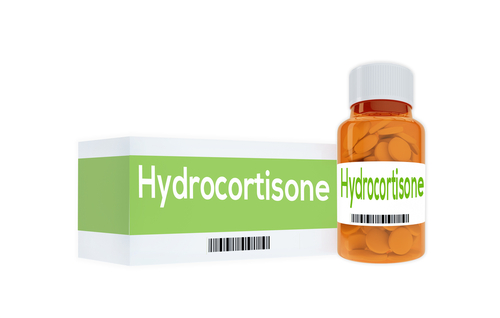
A study run by collaborators from Imperial College London and Intensive Care National Audit & Research Centre has found that the over the counter steroid hydrocortisone improves recovery changes among patients critically ill with COVID-19.
“The studies published today show that we now have more than one choice of treatment for those who need it most,” professor Anthony Gordon of Imperial College London, study lead, said. “Steroids are not a cure, but they help improve outcomes. Having a choice of different types of steroids, all of which seem to improve patient recovery, is great as it helps ease the problem of drug supply issues.”
In the study — published in The Journal of the American Medical Association — researchers found that those patients receiving intensive care and treated regularly with a fixed dose of hydrocortisone over seven days had better chances of recovery compared to those not treated. The study considered data from 403 patients at 88 hospitals for its assessment. As a result of its findings, the World Health Organization (WHO) intends to issue new guidelines to allow for steroid treatments in caring for critically ill COVID-19 patients.
Hydrocortisone, like other steroids, is an anti-inflammatory. Lung inflammation is a major issue among patients with serious COVID-19 cases, often requiring oxygen support to counter the resulting breathing difficulties.
The effort included patients from the U.K., Ireland, Australia, the United States, the Netherlands, New Zealand, Canada, and France. Among these, hydrocortisone use led to a 93 percent improved chance of survival and reduced need for organ support. If used when the blood pressure was low, a better outcome of 80 percent was still achieved. A separate study, published earlier this year, showed another steroid — dexamethasone — also aided recovery, providing further evidence of steroid efficacy.
“At the beginning of the year at times it felt almost hopeless, knowing that we had no specific treatments. It was a very worrying time,” Gordon said. “Yet less than six months later, we’ve found clear, reliable evidence in high quality clinical trials of how we can tackle this devastating disease.”




